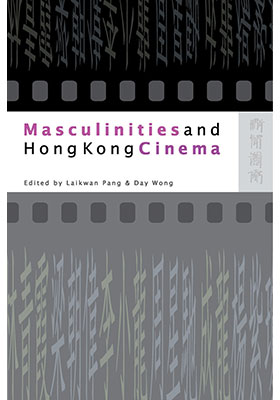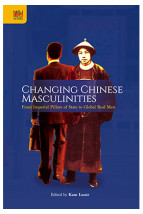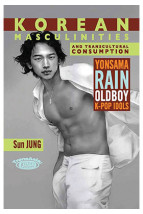Masculinities and Hong Kong Cinema
(香港電影與陽剛性)
ISBN : 978-962-209-738-4
March 2005
356 pages, 6″ x 9″
Ebooks
Also Available on
This collection of exciting essays explores how the representations and the ideologies of masculinities can be productively studied in the context of Hong Kong cinema. It has two objectives: first, to investigate the multiple meanings and manifestations of masculinities in Hong Kong cinema that compliment and contradict each other. Second, to analyze the social and cultural environments that make these representations possible and problematic. Masculinities and Hong Kong Cinema presents a comprehensive picture of how Hong Kong mainstream cinematic masculinities are produced within their own socio-cultural discourses, and how these masculinities are distributed, received, and transformed within the setting of the market place.
This volume is divided into three interrelated parts: the local cinematic tradition; the transnational context and reverberations; and the larger production, reception, and mediation environments. The combination of these three perspectives will reveal the dynamics and tensions between the local and the transnational, between production and reception, and between text and context, in the gendered manifestations of Hong Kong cinema.
“This sparkling collection shatters the idea that masculinity in commercial films is a simple and singular force. Bringing gender analysis to bear on the themes, industrial structures and reception of Hong Kong cinema, this indispensable reading for students and fans of Hong Kong films also models a new approach to the study of gender and popularity in a global entertainment economy.” —Meaghan Morris, Lingnan University, Hong Kong






